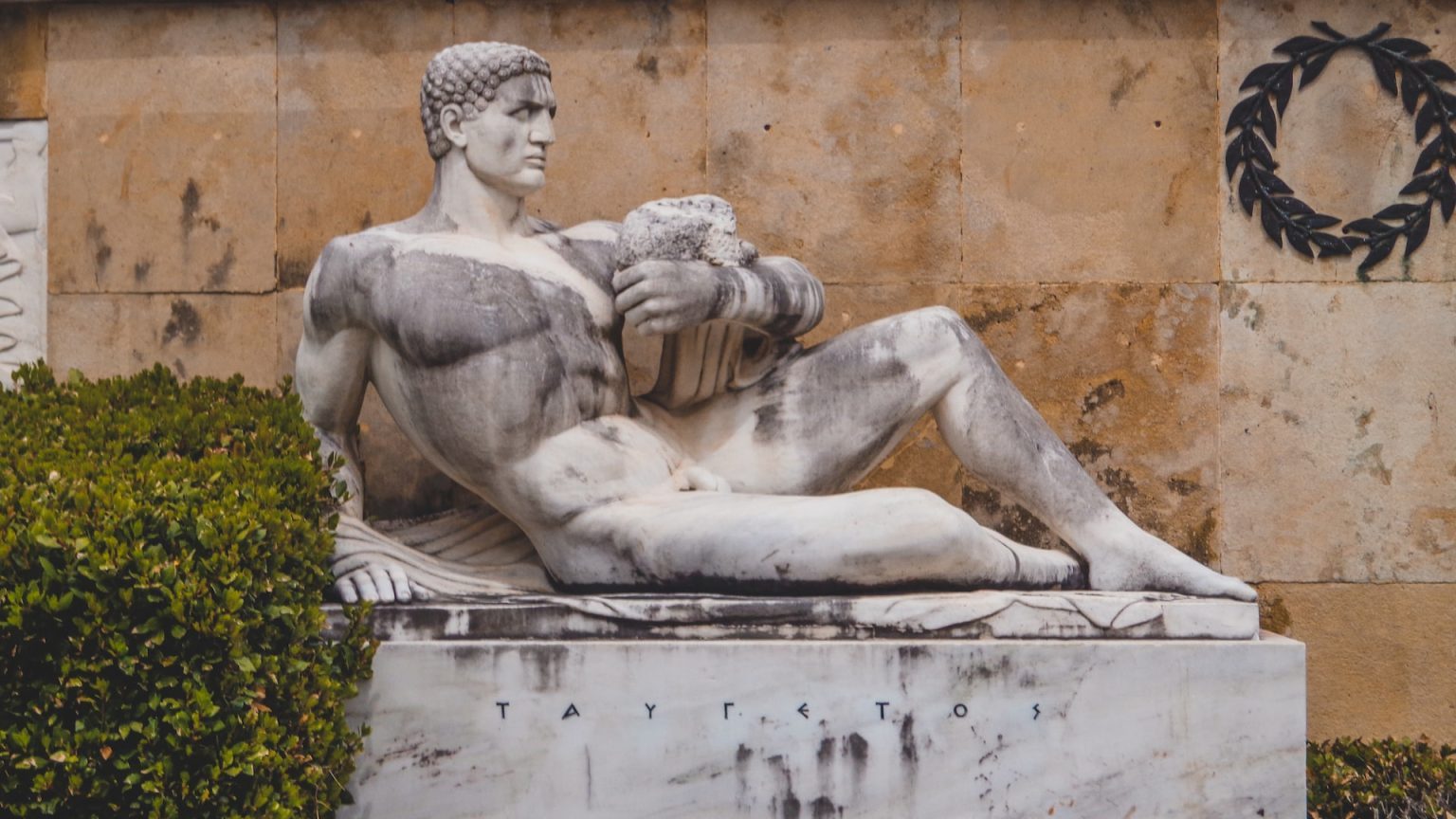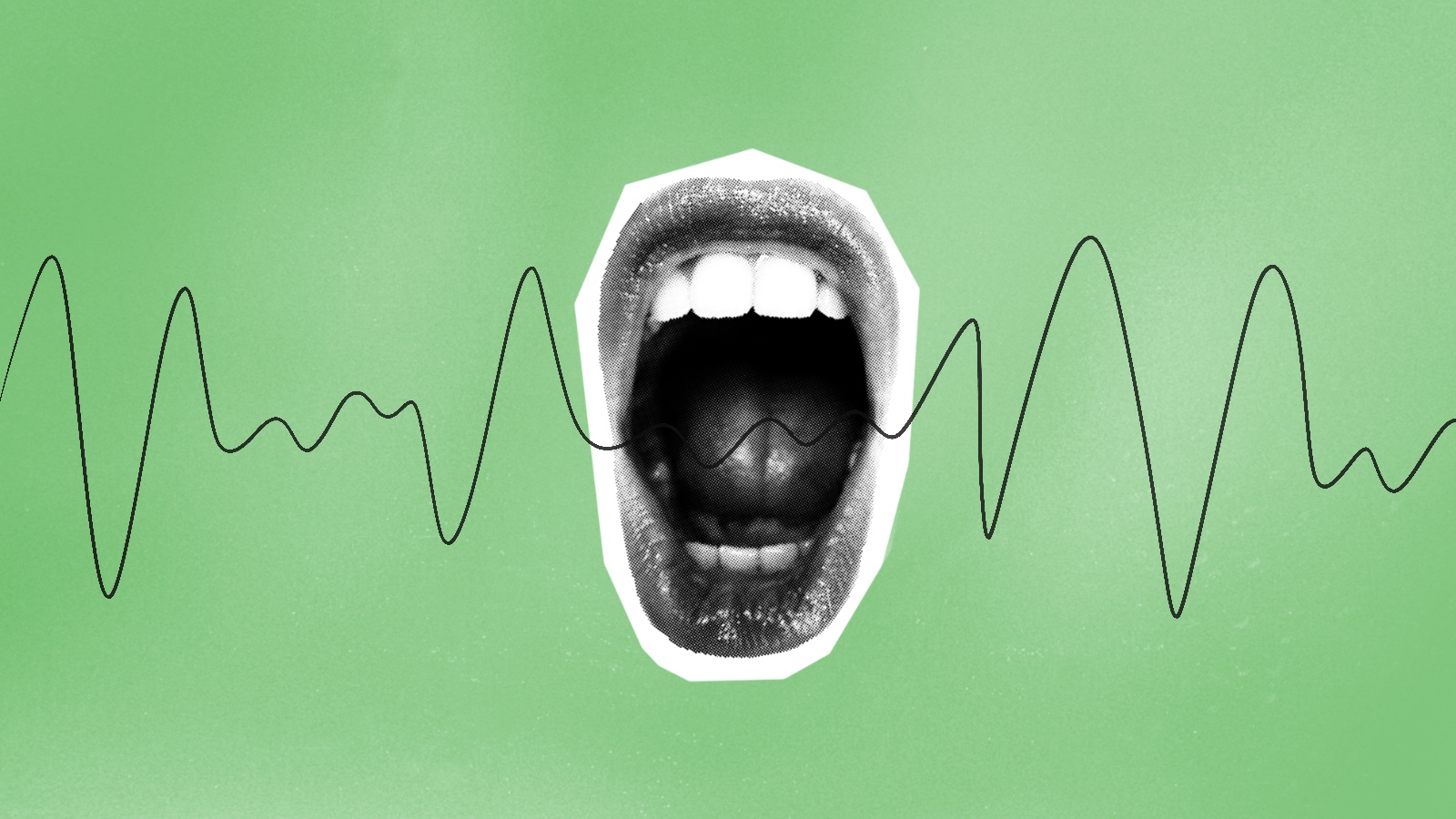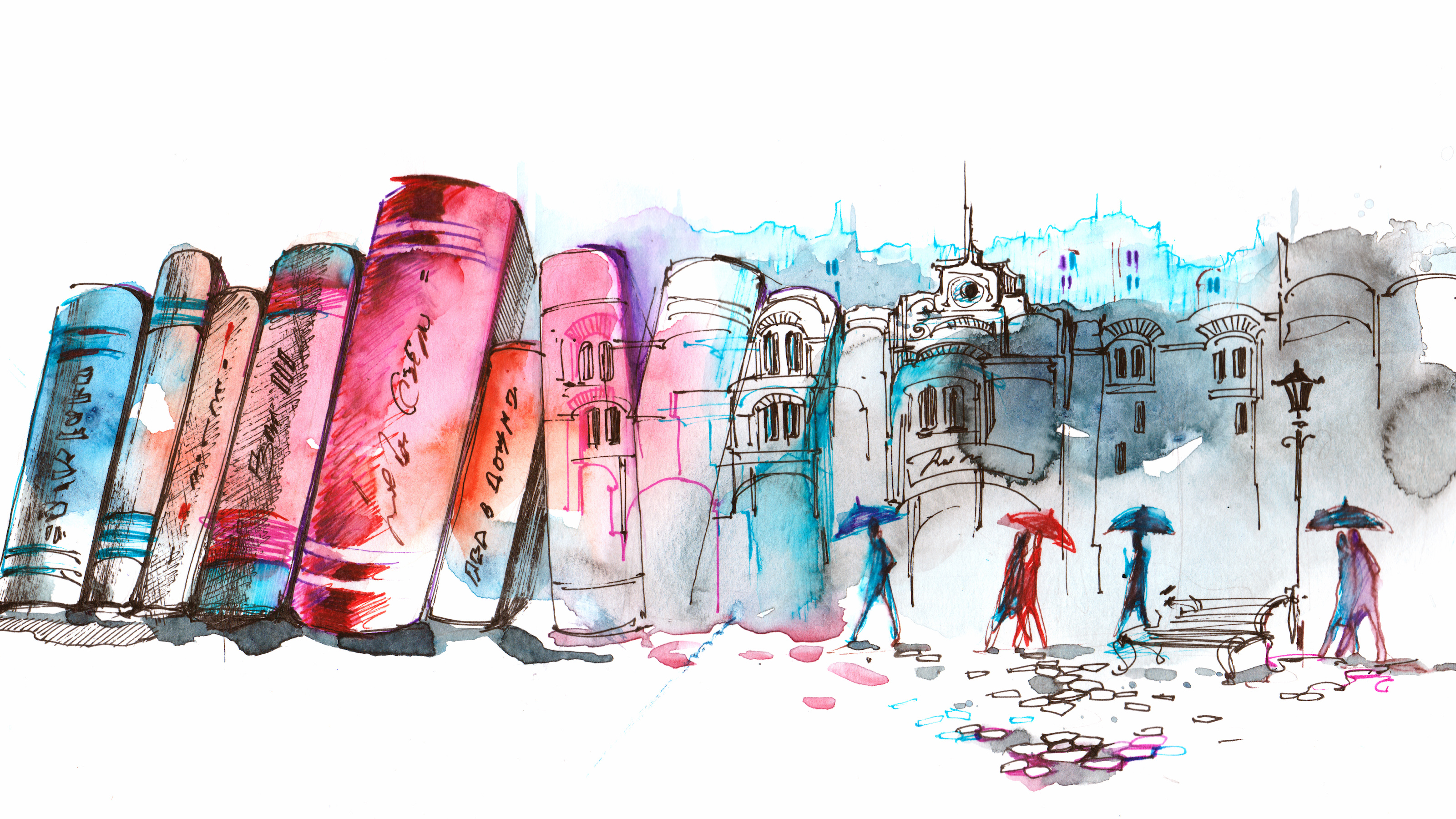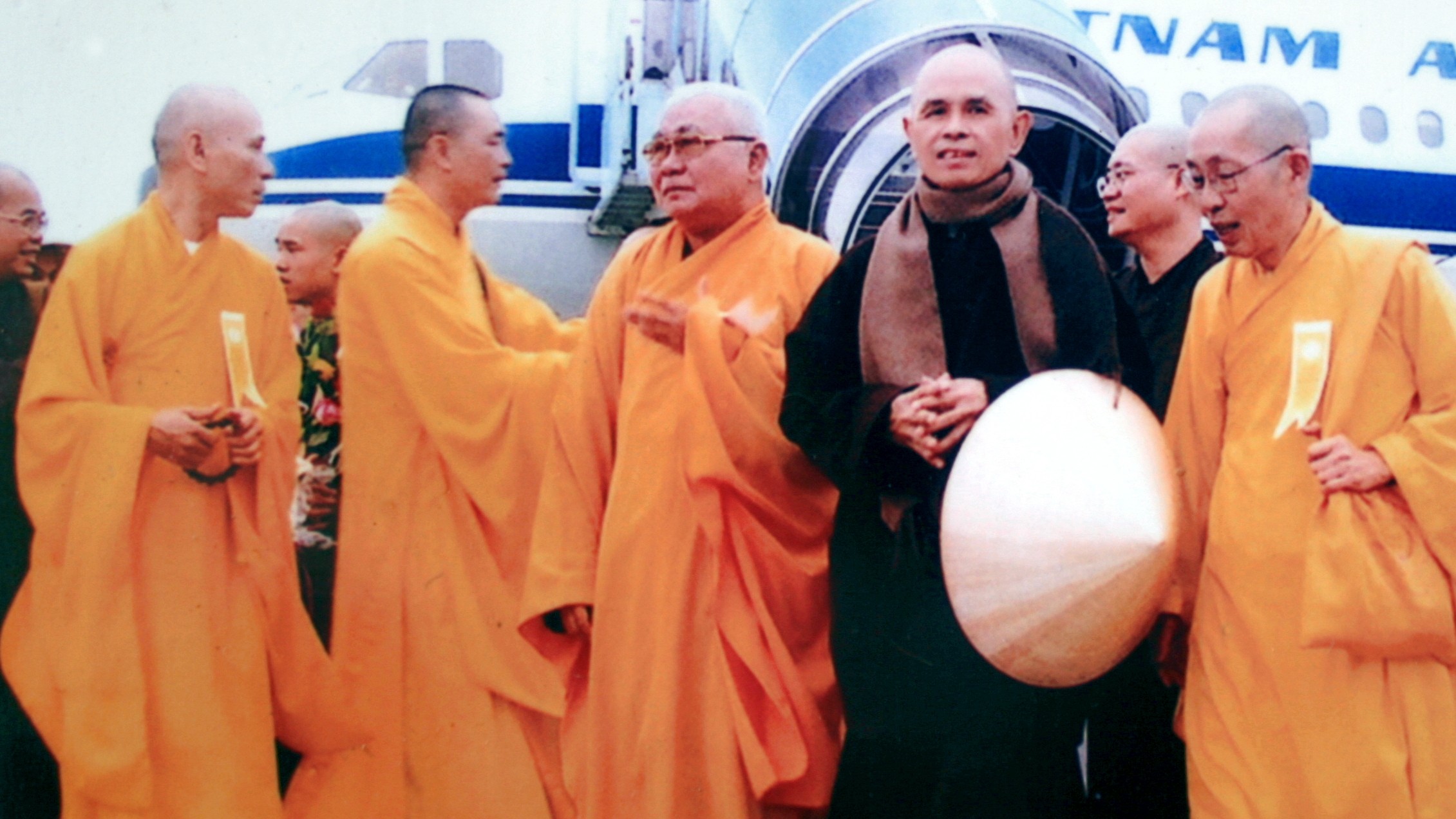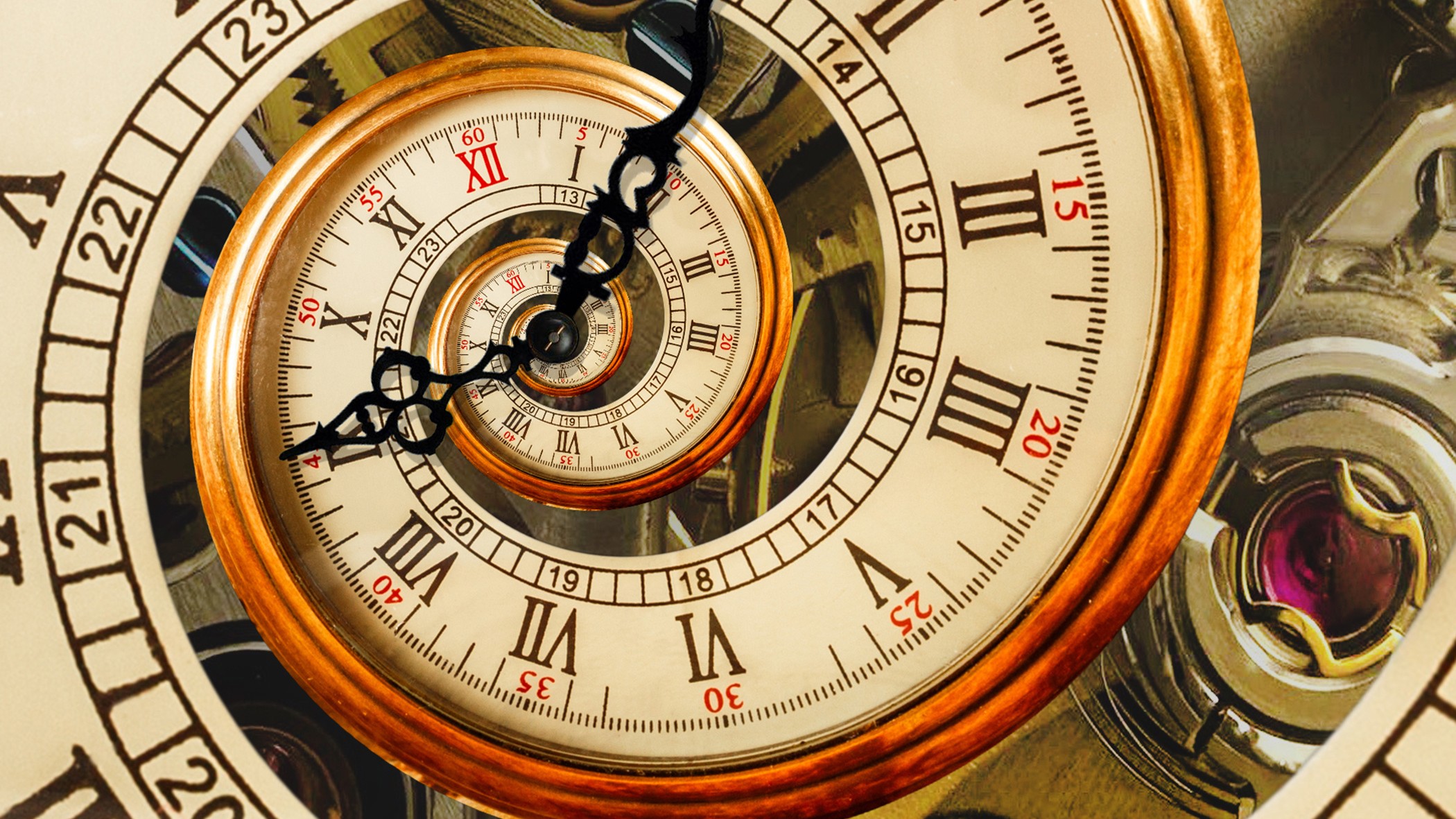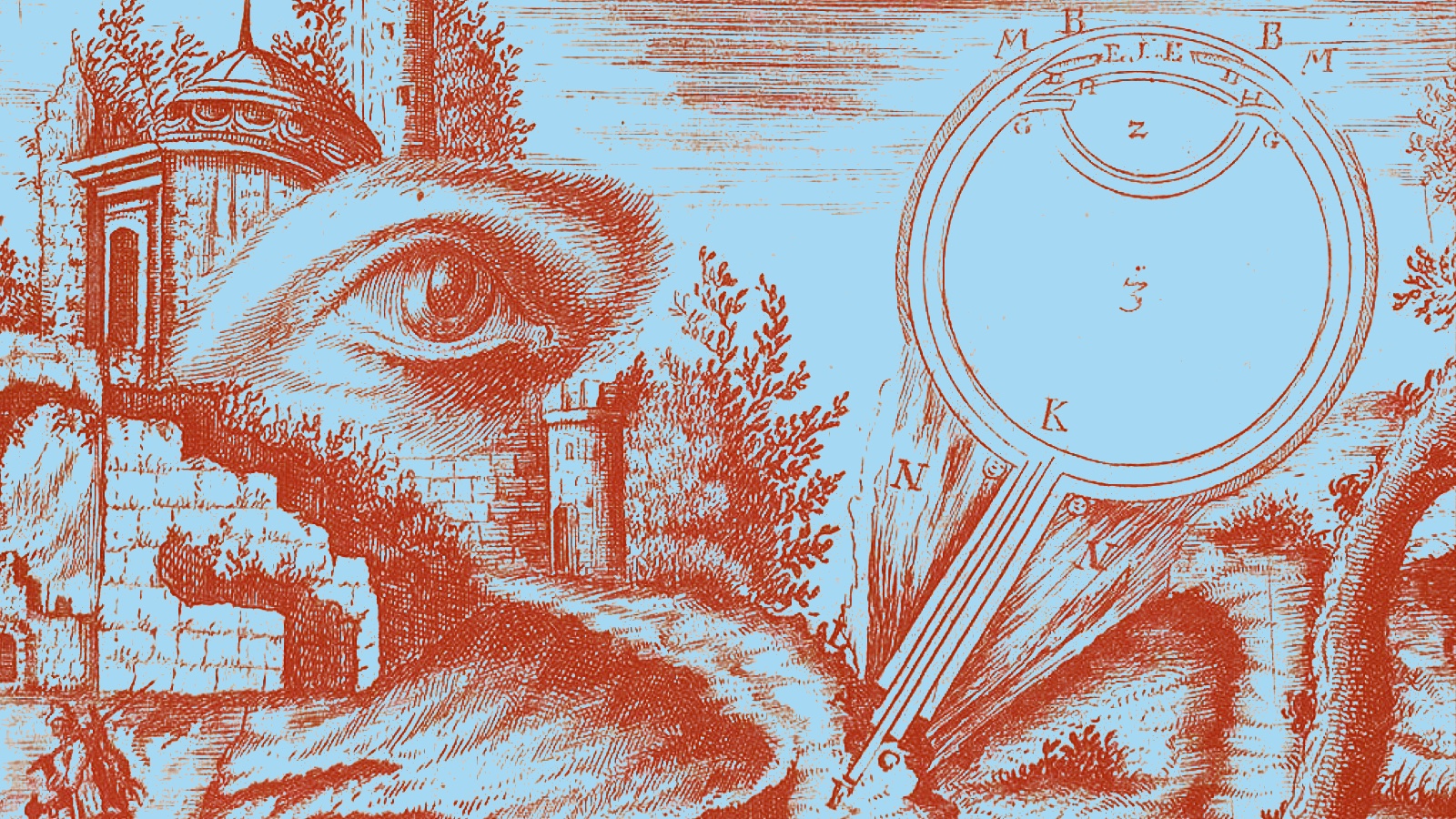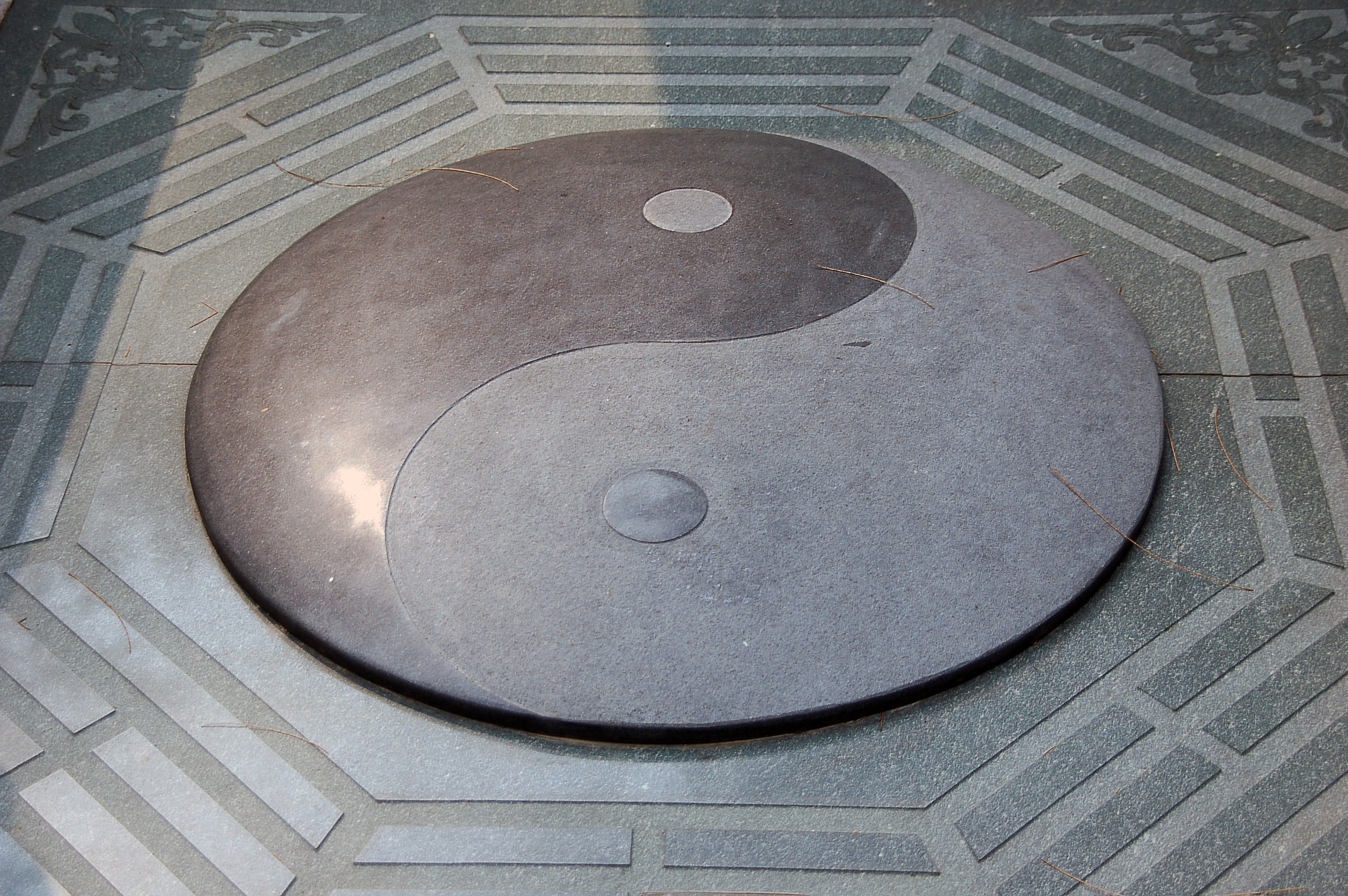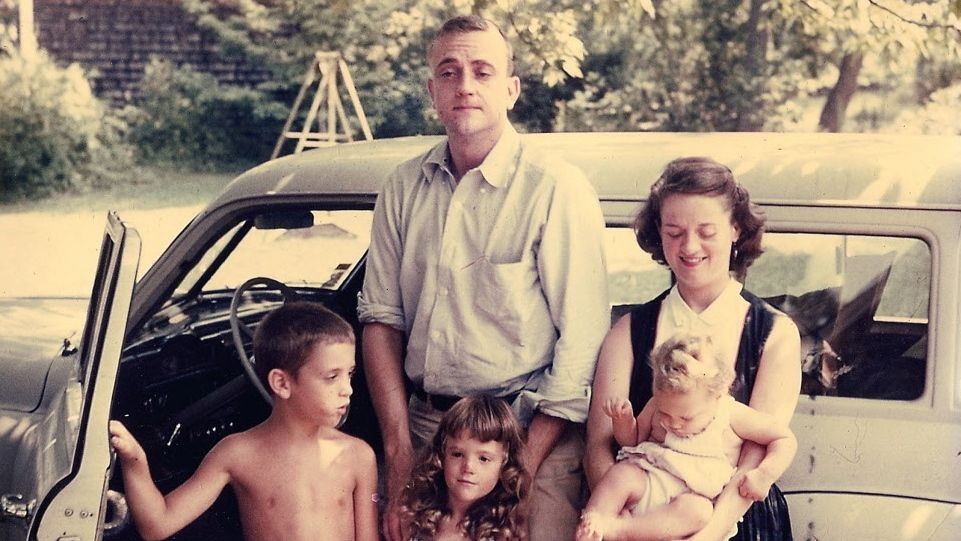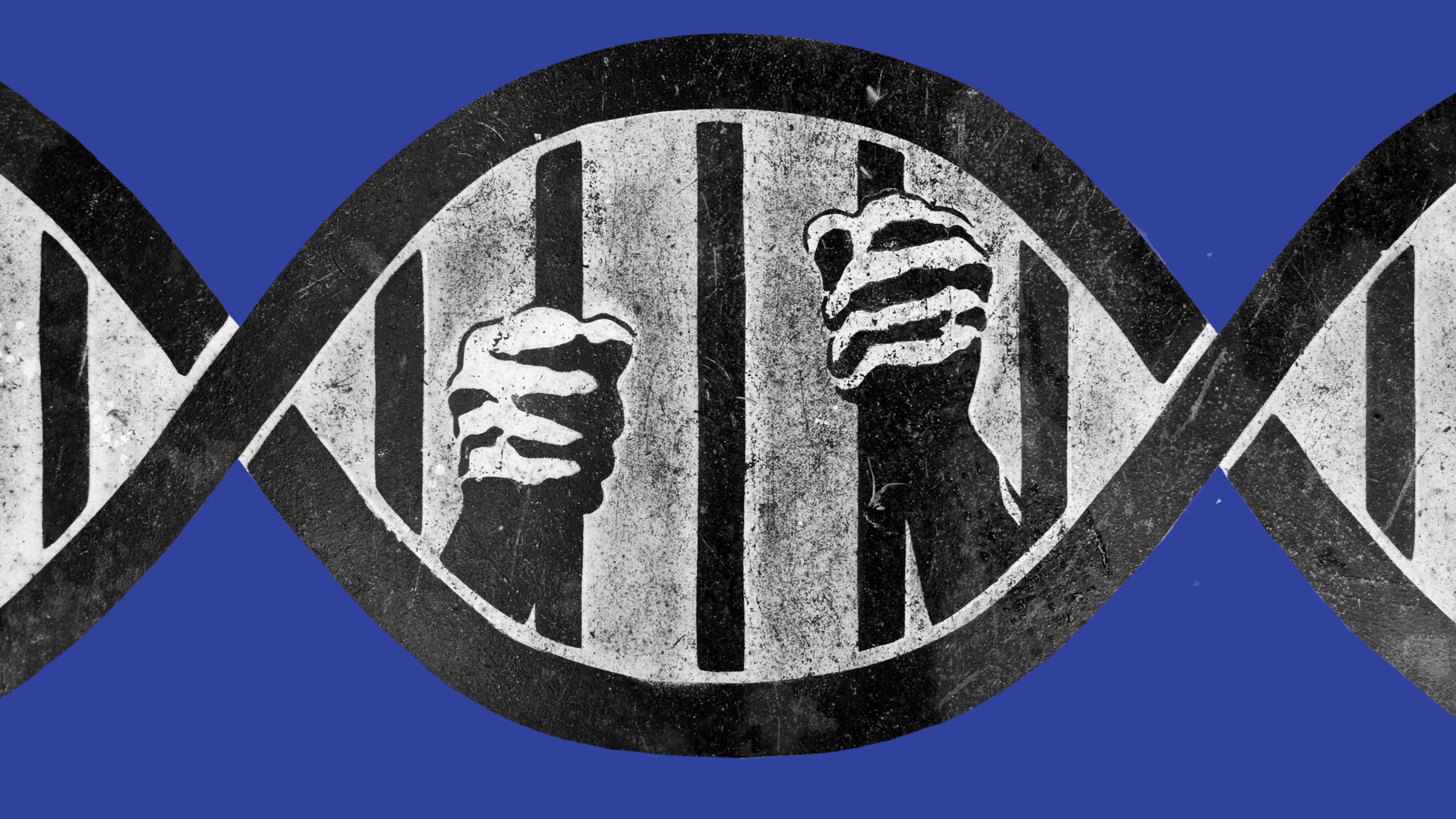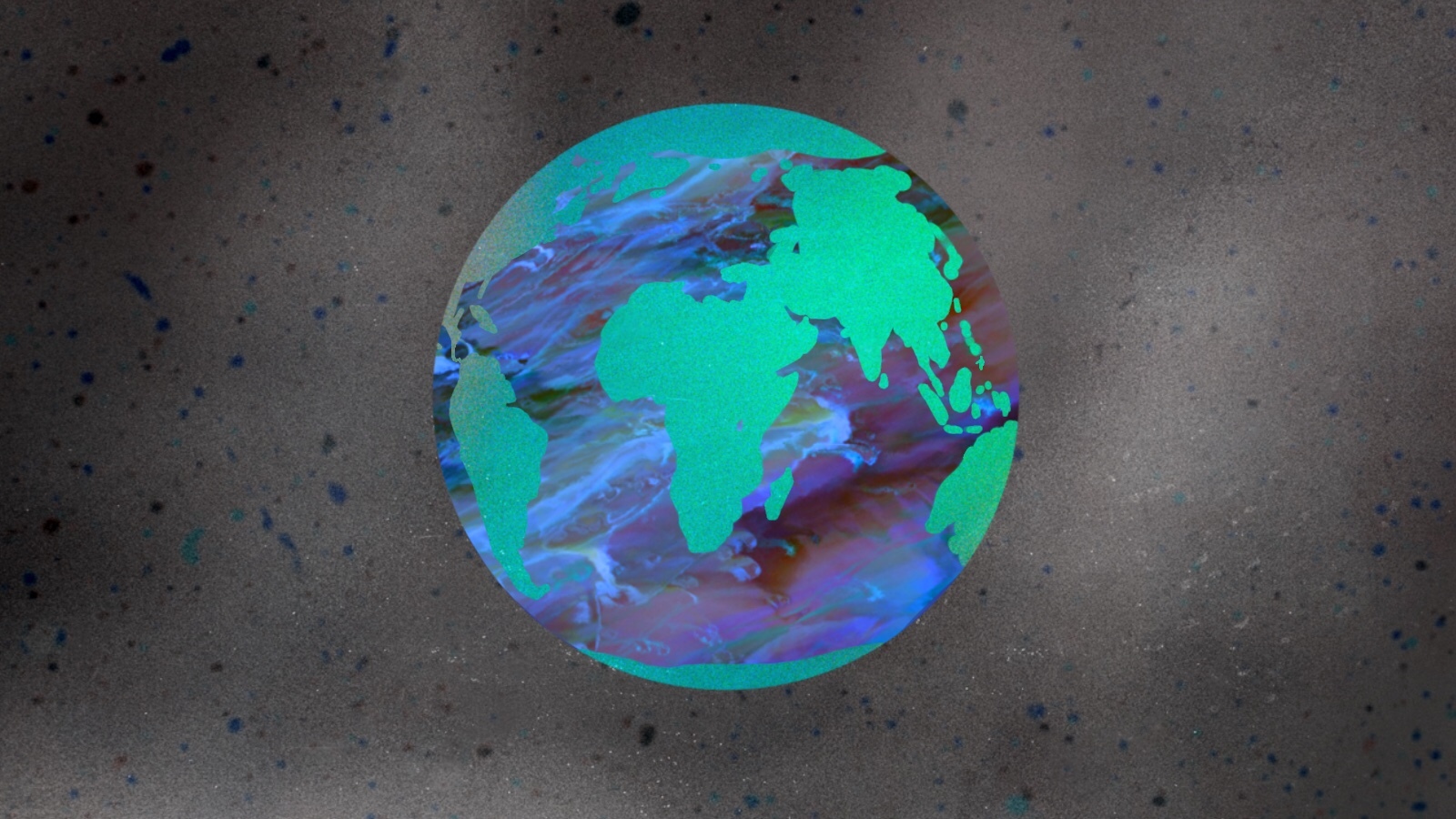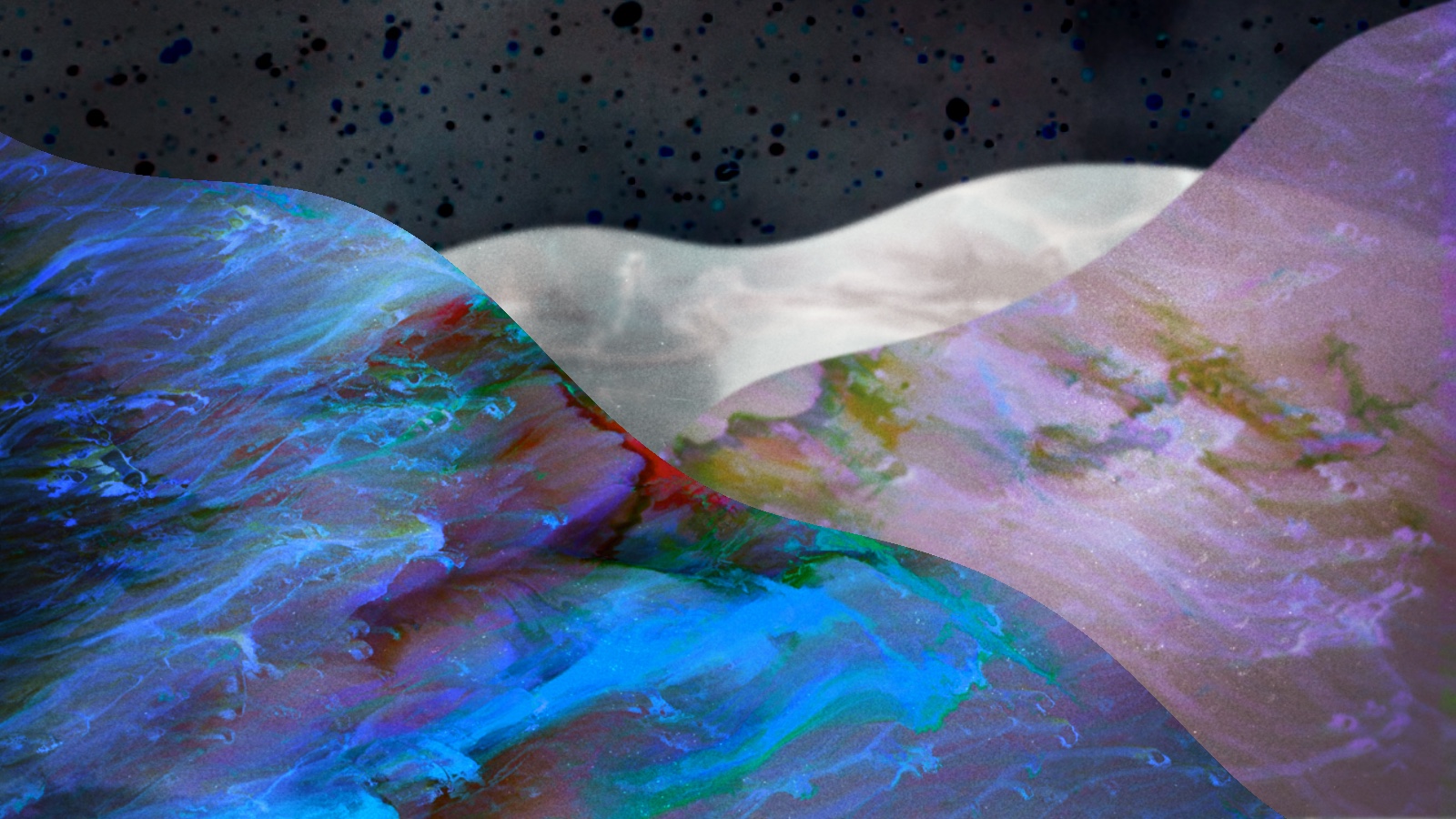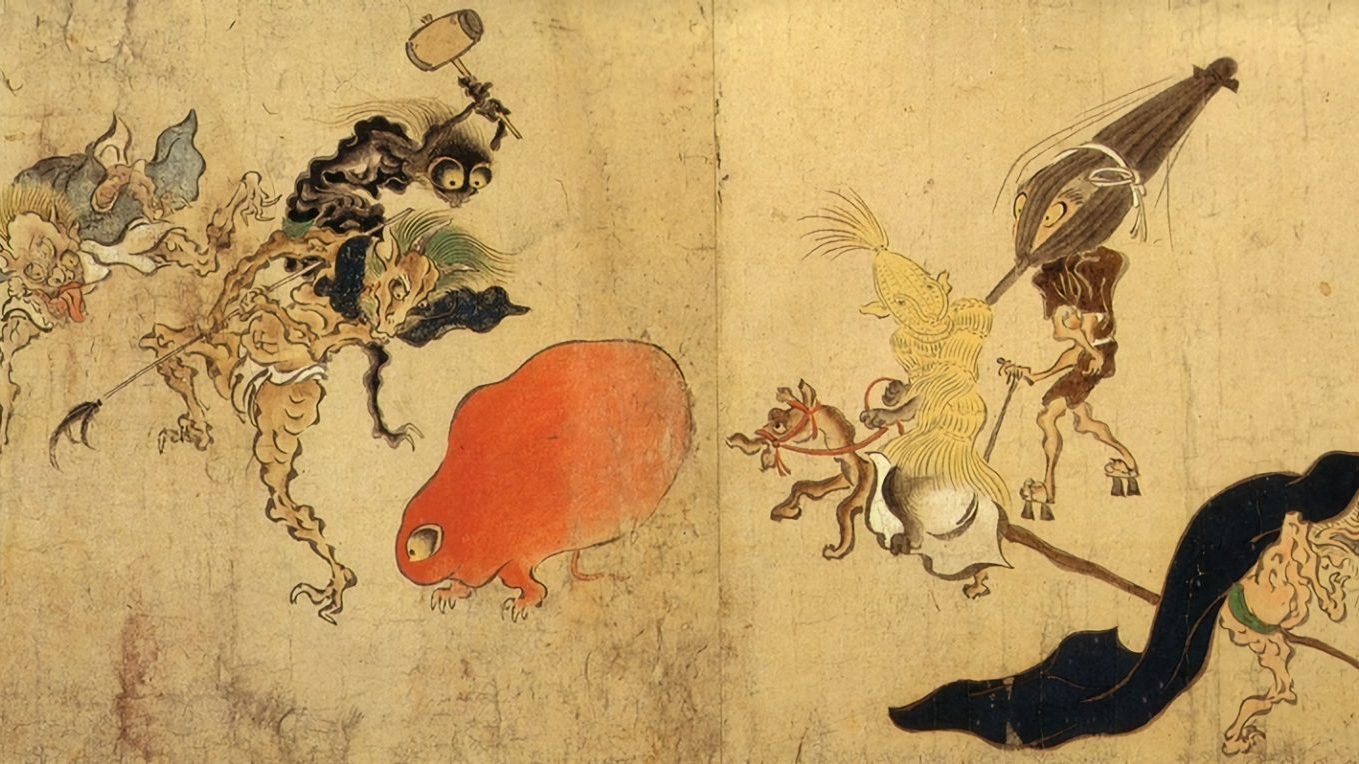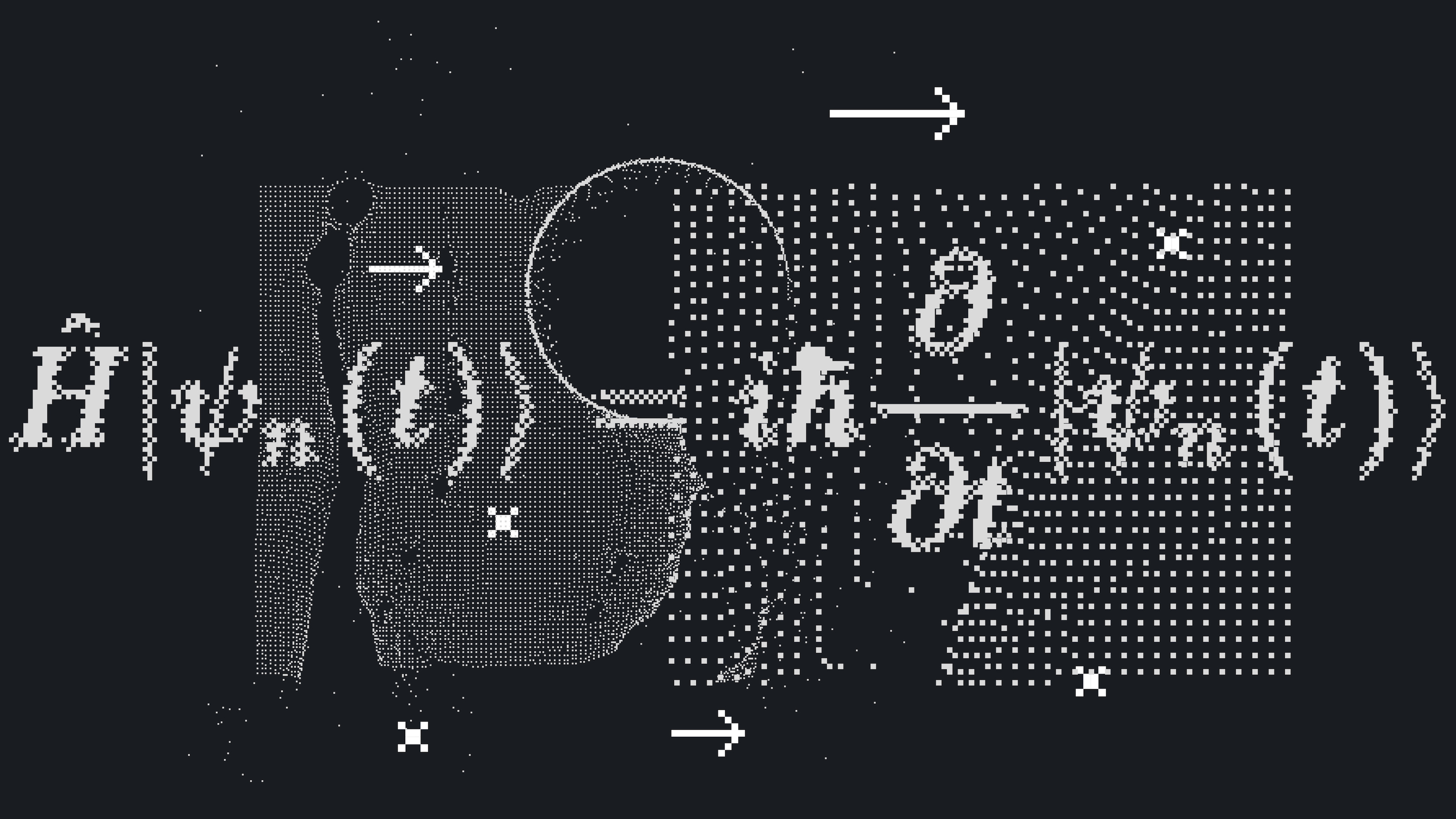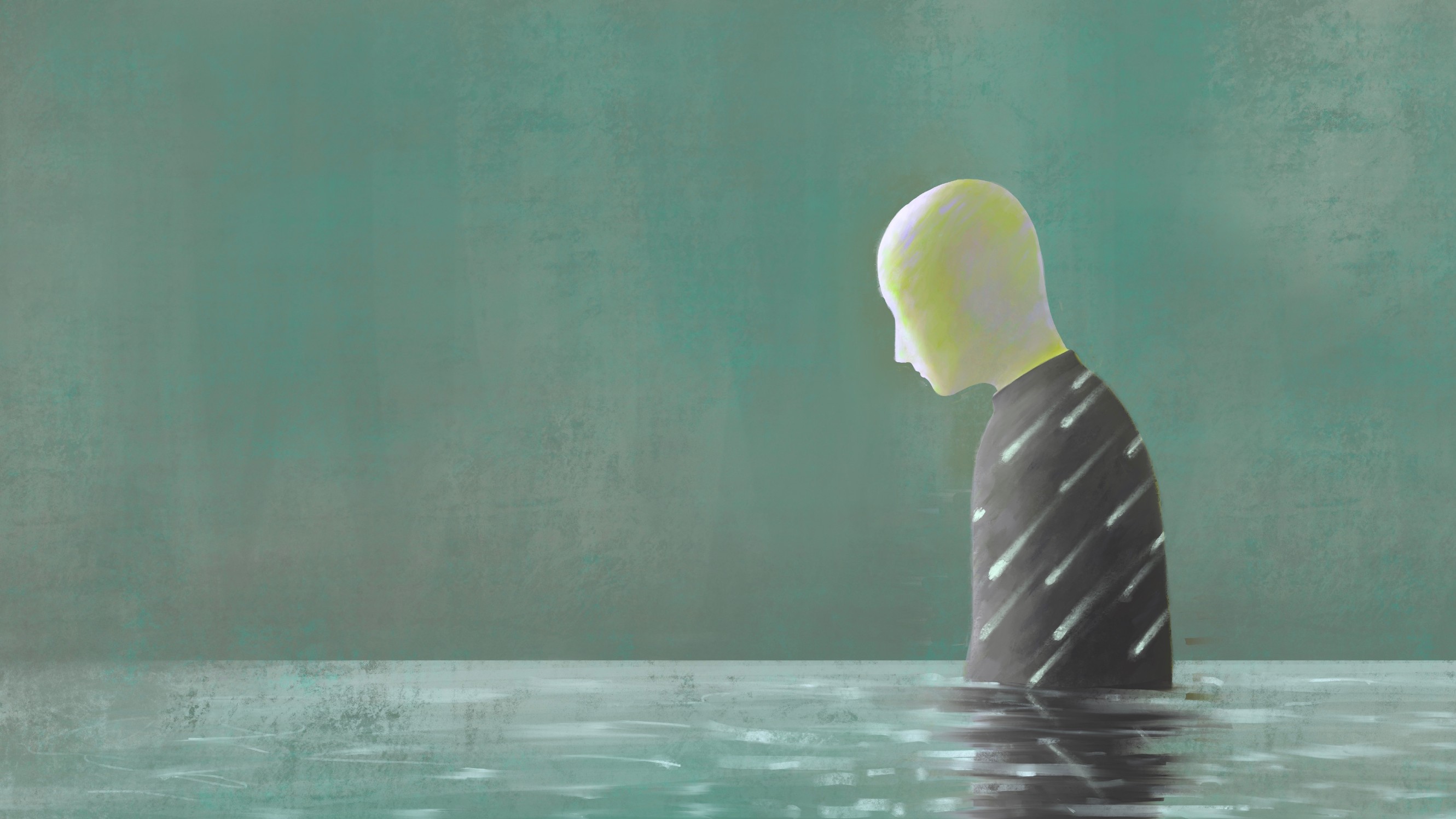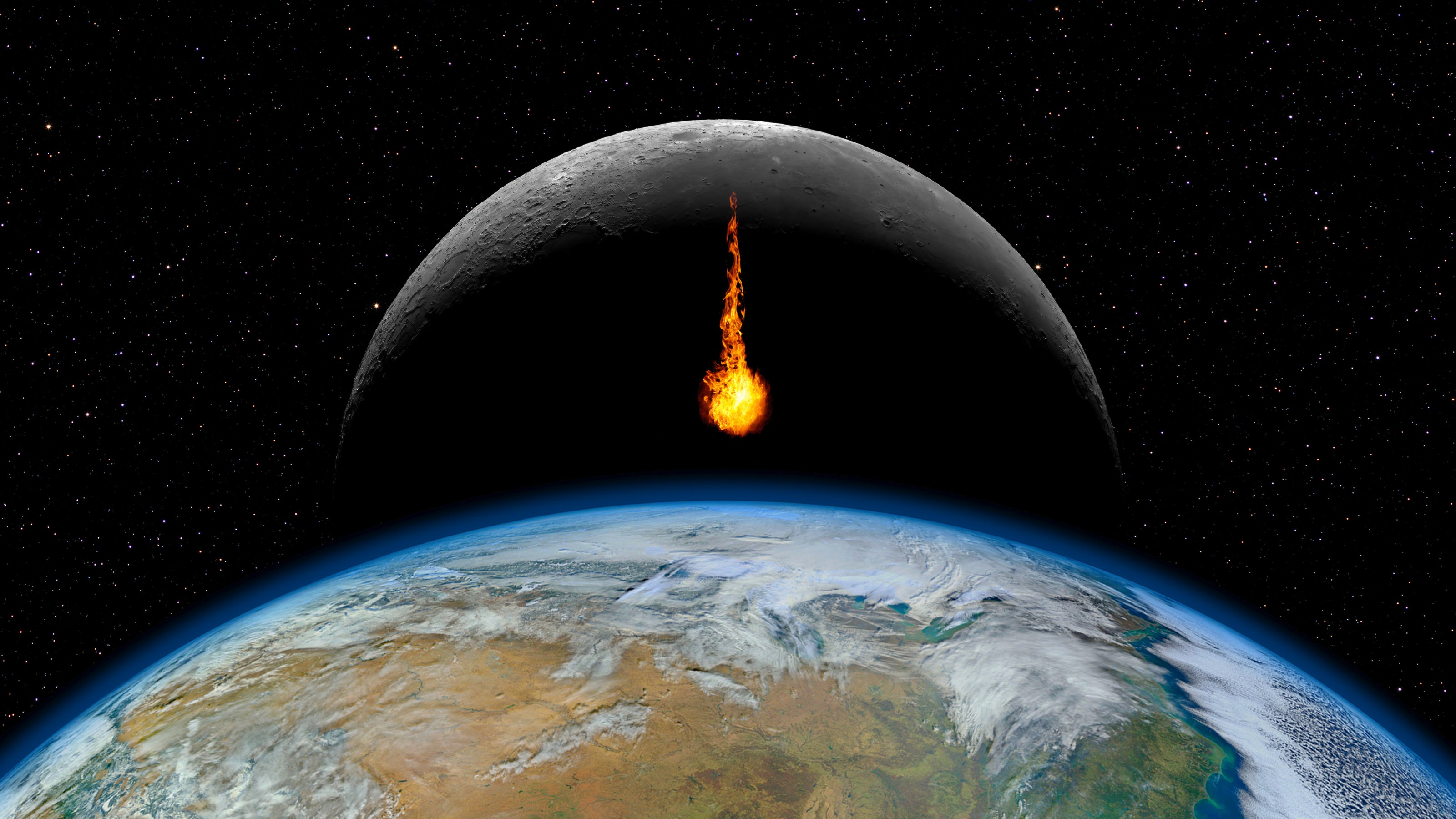philosophy
The Athenian rich paid their taxes because they craved the social success of being perceived as “useful.”
Denmark’s 10 Jante Laws are grim, and yet they bring so much happiness.
It was originally recorded in the 1970s by cognitive psychologists Harry McGurk and John MacDonald.
To the Greek philosopher, all of our actions ultimately aim at our own pleasure.
These five great books should prompt us to work on what needs fixing the most in the world: ourselves.
Belief in God and the afterlife increased, while belief in superstition decreased.
Philosopher Slavoj Žižek argues that we often don’t truly want to obtain what we think we desire.
Sight helps you see a room, but interoception lets you sense it from inside your own body.
Zen masters often have strikingly different ideas about how to live and attain enlightenment.
“Carpe diem” was only one part of Horace’s poem Odes 1.11.
A group of prominent scientists shares how research has changed them.
Climate activists’ brand of iconoclasm is far removed from the Beeldenstorm that swept medieval Europe.
There are different types of atheism and atheists. In general, they can be classified as the non-religious, the non-believers, and agnostics.
Being mortal makes life so much sweeter.
Harmony and moderation make for a happier life.
“All moments past, present, and future, always have existed, always will exist.”
Is science for everyone, or just the morally upright?
We cannot afford to dream about living on other worlds while we continue to destroy ours.
We think of physical reality as what objectively exists, independent of any observer. But relativity and quantum physics say otherwise.
Foster your own moments of mystery.
You are trapped in time. You never live in the world as it is but only as you experience it as it was.
“Oosouji” or “big cleaning” is much more than a chance to tidy up.
Recent discoveries about bodily awareness have changed how scientists think about the nature of consciousness.
Many have argued that morals are relative, but Russia’s war crimes reveal the hollowness of that belief. Morality is universal and objective.
Maybe our understanding of quantum entanglement is incomplete, or maybe there is something fundamentally unique about consciousness.
We don’t understand why loneliness is bad for us if all we can say is that it hurts.
Who doesn’t love a little existential fear every once in a while?
Is history decided by discernible laws or does it unfold based on random, unpredictable occurrences?
In the future, people may look back with horror at how humans treated AI in the 21st century.
Does it have a deeper significance — or is it just a number?
